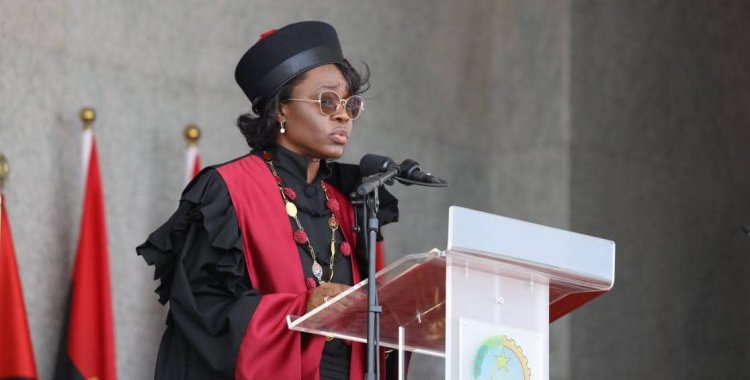The Angolan magistrate, who was speaking during the VI Conference of Constitutional Jurisdictions of Portuguese-Speaking Countries, which took place on Monday and Tuesday in Mozambique, said that most of the decisions handed down by the TC result from extraordinary appeals of unconstitutionality, after exhaustion of resources of common jurisdiction.
According to Laurinda Cardoso, cited by the Angola Press agency, "it is exactly in relation to judicial bodies, and in particular the common supreme jurisdiction, that the TC's decisions encounter greater constraints in terms of execution".
He said that there are dozens of decisions of the Constitutional Court that the other courts, with emphasis on the Supreme Court, "have difficulties in executing" and highlighted, in his intervention, the relevance of that court's decisions in relation to the other powers, arguing that the body that Guardianship "makes it clear, in several rulings, that it is neither an instance of legal nor factual supervision".
"But also [the TC] cannot completely abstain from controlling such sentences and ignore the fact that the rules may have been ignored", he stressed, adding that the Constitution only controls whether the judicial sentence violates a constitutional principle or right. specific.
Last week, after the Constitutional Court declared the unconstitutionality of the ruling that sentenced José Filomeno dos Santos "Zenu" and three other defendants for violating the principles of legality and contradictory principles and a fair trial, the Supreme Court decided to maintain the conviction, for concluding that "the unconstitutionalities raised in the appeal to the Constitutional Court are duly expunged".
"These situations demonstrate that it is necessary to rethink the model of justice, which is why a reform of our judicial power is fundamental and that is what the Order has defended", said, on Tuesday, the president of the Angolan Bar Association, José Luís Domingos, when asked about the decision of the Supreme Court that contradicted the Constitutional Court and decided to maintain the sentence in that case.
The matter has generated criticism and various interpretations about the alleged crisis installed in the legal system, in light of the recent decision of the Supreme Court, with some legal experts considering that the defendants in the well-known "500 million" case will have been tried twice for the same crime.
Laurinda Cardoso also defended, in her presentation, that the functional vitality of a rule of law is observable to the naked eye, "not when the powers are exercised expansively in a competitive manner, but when they, fairly and constitutionally, limit themselves to existentially conform to a admission of reciprocal interdependence".







